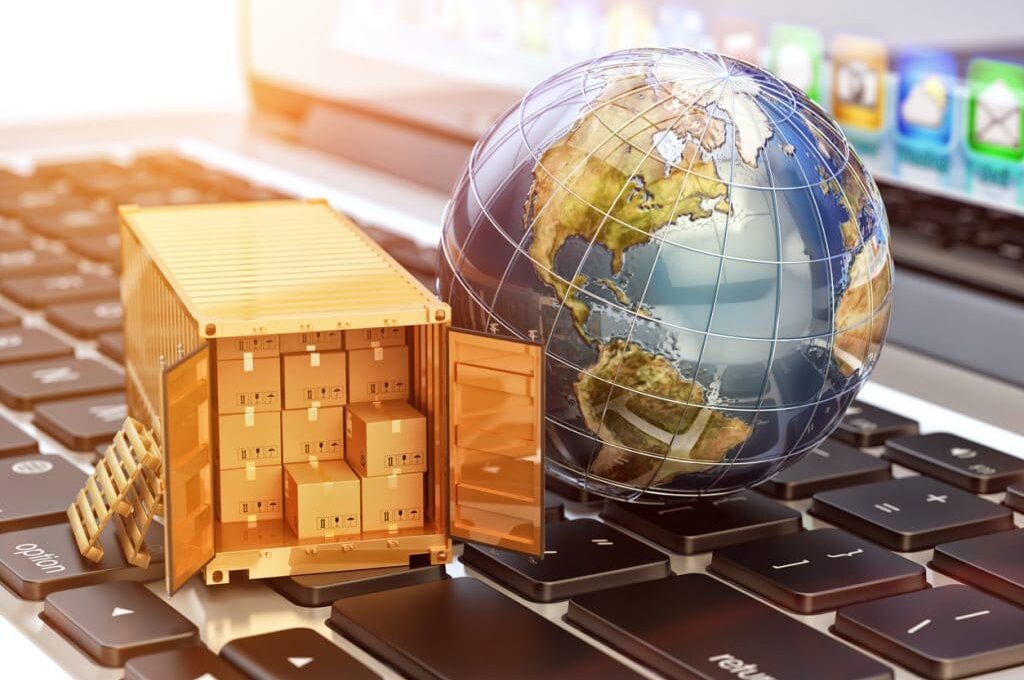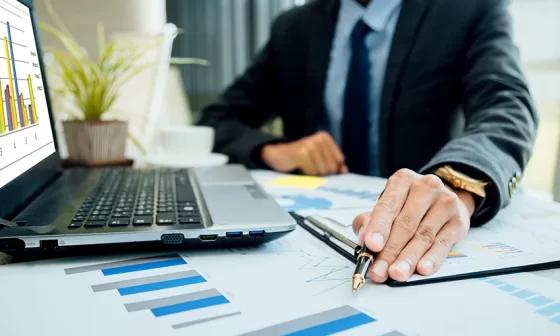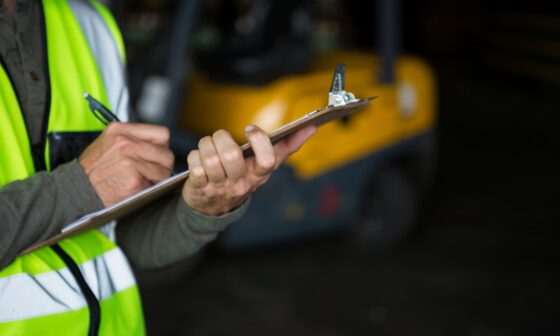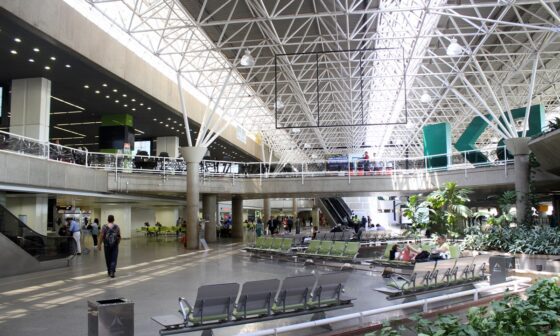Sustainable productivity growth is important for improving the standard of living of Brazilians, but it is difficult to become a developed country with so much informality.
Informality impacts the economy, as it forces companies and entrepreneurs to adopt non-market models of low productivity, which slows down the growth of companies and production chains.
Some foreign e-commerce platforms have practices outside the rules in force in Brazil, when the vast majority of companies operating in the country have to bear the formality (declared workers, payment of due taxes, licenses to operate on time, etc).
However, the incentives for informality remain high for a few reasons:
- Payment of taxes: Very low collection of taxes on the importation of remittances (international electronic commerce also called cross border);
- Product guarantee: Many times the seller does not give any type of guarantee to the final consumer;
- Piracy control: Verification by the competent authorities to know if the product is legal or not in Brazil is almost non-existent;
- Pre-assessment of sellers (“sellers”): The platforms work with thousands of sellers, without necessarily carrying out proper controls on them (ESG issues, for example).
The online channel grows ~4x more than offline (physical) retail and is expected to reach ~ BRL 211 million in 2022 (something around 12% of the national retail market)
With each passing day, more Brazilians are buying from international online sites, attracted by attractive prices, but who, in general, do not pay the due taxes. International online sites, especially Asian ones, are attractive due to their wide product mix and low prices.
Importing products through international e-commerce platforms requires the payment of taxes based on information required by the authorities (weight, price, product reference – NCM – identity of seller and buyer at least). As this information is often incomplete or wrong, the amount of taxes to be collected is incorrect, which creates unequal competition between formal Brazilian companies and part of the platforms that import products from abroad.
Physical informality has migrated to the digital environment, and the large digital street vendors take advantage of failures in the control of product shipments entering Brazil.
New rule to inhibit the digital street vendor: Normative Instruction No. 2124/22
In Brazil, international e-commerce has become more common in recent years, and foreign platforms have increased electronic purchases in the country. According to a survey by the Brazilian Federal Revenue, international e-commerce is expected to grow 20% a year in the coming years, from US $211 billion in 2022 to US $400 billion in 2026.
Currently, the country accounts for more than 40% of all online sales in Latin America. The region is one of the top 10 markets of greatest interest to Asian retailers looking to expand internationally.
The increasingly mature online store strengthens the economy and makes life easier for consumers. However, the increase in the volume of international online purchases warns of an increase in fraud in import operations (international electronic commerce).
Combating the violation of import regulations in force in the country, especially customs fraud (declared value lower than the actual value of the product), is one of the main challenges faced by customs authorities and the national business sector.
To combat irregularities and unfair competition from some foreign international e-commerce platforms in relation to national commerce, the Brazilian Federal Revenue Service issued on December 16, 2022 Normative Instruction No. international e-commerce and provides opportunities to improve compliance with customs requirements.
Among other advantages, the purpose of the new norm is legal certainty, offering equal rules and procedural guarantees to all, such as the possibility of early customs clearance and permission to apply the full tax, which allows the taxation of the product to be lower than applied in the taxation system on imported products from international electronic commerce.
As of July 2023, the date established by the norm for international e-commerce players to adapt, the Brazilian Federal Revenue Service will require the sending of information listed in the norm for all international remittances. This new process will speed up the clearance of the product and, consequently, speed up its delivery to the end customer.
Thanks to the new rules, the Federal Revenue will also be able to operate controls, verifying registration and protocol routines, as well as increasing the control capacity of digital retail sharing rituals and platform information and/or financial transactions.
The good news is that today there are technologies such as Sinerlog’s C²aaS platform, ready to support all international e-commerce players such as international and national Marketplaces, national retailers and logistics operators.
Market standardization should significantly increase sales and operations can become complex, but some solutions help to integrate all actors in the chain: from the warehouse and airport to the destination market and all the transactional needs of portfolio, security processes, warehouse , customs processes, management and service.
It often takes time for new norms to become natural in everyday life. In the digital society, innovations in the most diverse segments can guarantee the health and expansion of companies.








